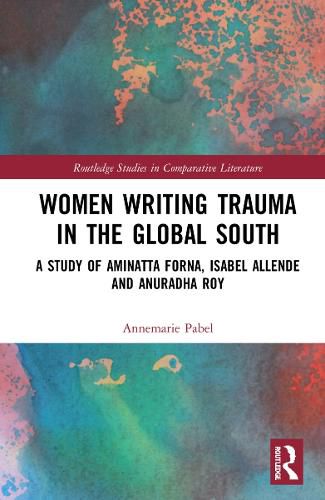Readings Newsletter
Become a Readings Member to make your shopping experience even easier.
Sign in or sign up for free!
You’re not far away from qualifying for FREE standard shipping within Australia
You’ve qualified for FREE standard shipping within Australia
The cart is loading…






Through exploring complex suffering in the writings of Aminatta Forna, Isabel Allende and Anuradha Roy, Women Writing Trauma in the Global South dismantles conceptual shortcomings and problematic imbalances at the core of existing theorizations around psychological trauma. The global constellation of women writers from Sierra Leone, Chile and India facilitates a productive analysis of how the texts navigate intertwined experiences of individual and systemic trauma. The discussion departs from a recent critical turn in literary and cultural trauma studies and transgresses many interrelated boundaries of geocultural contexts, language and genre. Discovering the role of literary forms in reparative articulation and empathic witnessing, this critical intervention develops new ideas for an inclusive conceptual expansion of trauma from the global peripheries and contributes to the ongoing debate on marginalized suffering.
$9.00 standard shipping within Australia
FREE standard shipping within Australia for orders over $100.00
Express & International shipping calculated at checkout
Stock availability can be subject to change without notice. We recommend calling the shop or contacting our online team to check availability of low stock items. Please see our Shopping Online page for more details.
Through exploring complex suffering in the writings of Aminatta Forna, Isabel Allende and Anuradha Roy, Women Writing Trauma in the Global South dismantles conceptual shortcomings and problematic imbalances at the core of existing theorizations around psychological trauma. The global constellation of women writers from Sierra Leone, Chile and India facilitates a productive analysis of how the texts navigate intertwined experiences of individual and systemic trauma. The discussion departs from a recent critical turn in literary and cultural trauma studies and transgresses many interrelated boundaries of geocultural contexts, language and genre. Discovering the role of literary forms in reparative articulation and empathic witnessing, this critical intervention develops new ideas for an inclusive conceptual expansion of trauma from the global peripheries and contributes to the ongoing debate on marginalized suffering.